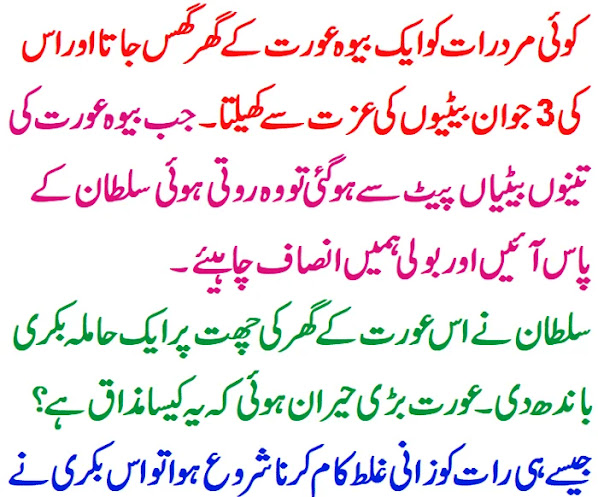Understanding Anxiety and Depression: Your Comprehensive Guide
Understanding Anxiety and Depression: Your Comprehensive Guide
Mental health has become an increasingly important topic in our modern world. Two of the most common and often misunderstood mental health conditions are anxiety and depression. While they can occur separately, they frequently coexist, causing a complex array of emotional and physical challenges. This comprehensive guide aims to shed light on what anxiety and depression truly are, their causes, symptoms, treatment options, and how to support those living with them.
What is Anxiety?
Anxiety is a natural response to stress or perceived danger. It can help us stay alert and focused, but excessive anxiety can interfere with daily life.
Types of Anxiety Disorders:
-
Generalized Anxiety Disorder (GAD) – Chronic worry about everyday issues.
-
Panic Disorder – Sudden, intense panic attacks.
-
Social Anxiety Disorder – Fear of social situations or being judged.
-
Specific Phobias – Irrational fear of specific objects or situations.
-
Obsessive-Compulsive Disorder (OCD) and Post-Traumatic Stress Disorder (PTSD) are also related to anxiety.
Common Symptoms of Anxiety:
-
Persistent worry or fear
-
Restlessness or feeling “on edge”
-
Fatigue
-
Difficulty concentrating
-
Irritability
-
Sleep disturbances
-
Physical symptoms like a racing heart, sweating, or nausea
What is Depression?
Depression is more than just feeling sad. It is a serious mental health condition that affects how you feel, think, and handle daily activities.
Types of Depression:
-
Major Depressive Disorder (MDD) – Persistent feelings of sadness or lack of interest in life.
-
Persistent Depressive Disorder (Dysthymia) – Long-term chronic depression.
-
Bipolar Disorder – Alternating episodes of depression and mania.
-
Seasonal Affective Disorder (SAD) – Depression related to seasonal changes.
-
Postpartum Depression – Occurs after childbirth.
Common Symptoms of Depression:
-
Constant sadness or emptiness
-
Loss of interest or pleasure in activities
-
Changes in appetite or weight
-
Sleep problems (insomnia or sleeping too much)
-
Fatigue or low energy
-
Feelings of worthlessness or guilt
-
Difficulty thinking, concentrating, or making decisions
-
Thoughts of death or suicide
The Connection Between Anxiety and Depression
Anxiety and depression often co-occur, meaning a person may experience symptoms of both. They share similar symptoms, such as sleep issues, irritability, and trouble concentrating. One can trigger or worsen the other, creating a vicious cycle.
Causes and Risk Factors
Mental health disorders like anxiety and depression are influenced by a combination of biological, psychological, and environmental factors:
-
Genetics – Family history of mental illness
-
Brain chemistry – Imbalances in neurotransmitters like serotonin and dopamine
-
Personality – Traits such as low self-esteem or being easily overwhelmed
-
Trauma – Abuse, neglect, or loss of a loved one
-
Chronic medical conditions – Such as diabetes, heart disease, or chronic pain
-
Substance abuse – Alcohol or drug misuse can lead to or worsen symptoms
Diagnosis and When to Seek Help
Only a mental health professional can diagnose anxiety or depression. If you or someone you know experiences symptoms for more than two weeks and they interfere with daily life, it’s time to seek help.
Professionals may use:
-
Questionnaires or interviews
-
Physical exams to rule out other conditions
-
Psychological evaluations
Treatment Options
Recovery is possible with the right treatment plan. Common approaches include:
1. Therapy
-
Cognitive Behavioral Therapy (CBT) – Helps reframe negative thinking.
-
Interpersonal Therapy (IPT) – Focuses on improving relationships and communication.
-
Exposure Therapy – For specific phobias and PTSD.
2. Medication
-
Antidepressants – SSRIs, SNRIs, etc.
-
Anti-anxiety medications – Benzodiazepines or beta-blockers (short-term use)
-
Always consult a psychiatrist for the right prescription.
3. Lifestyle Changes
-
Regular exercise
-
Healthy diet
-
Good sleep hygiene
-
Reducing caffeine and alcohol
-
Practicing mindfulness and meditation
Supporting Someone with Anxiety or Depression
Support from family and friends can make a big difference:
-
Listen without judgment
-
Encourage professional help
-
Avoid offering clichés like "snap out of it"
-
Be patient and understanding
-
Educate yourself about the condition
Self-Care Tips for Managing Anxiety and Depression
-
Set realistic goals – Start small and celebrate little victories.
-
Stay connected – Don’t isolate yourself.
-
Practice stress management – Yoga, breathing exercises, journaling.
-
Limit screen time – Especially before bed.
-
Seek support groups – Online or in-person communities can help.
Final Thoughts
Anxiety and depression are not signs of weakness. They are real, treatable medical conditions. Understanding them is the first step toward compassion, healing, and support—whether for yourself or a loved one.
By recognizing the signs early, seeking help, and adopting a proactive approach, anyone can live a healthy, fulfilling life despite mental health challenges. You are not alone. Help is available, and recovery is possible.
Need Help? Reach Out!
If you're in crisis or need immediate support, contact a local mental health professional or hotline in your area.









Comments
Post a Comment